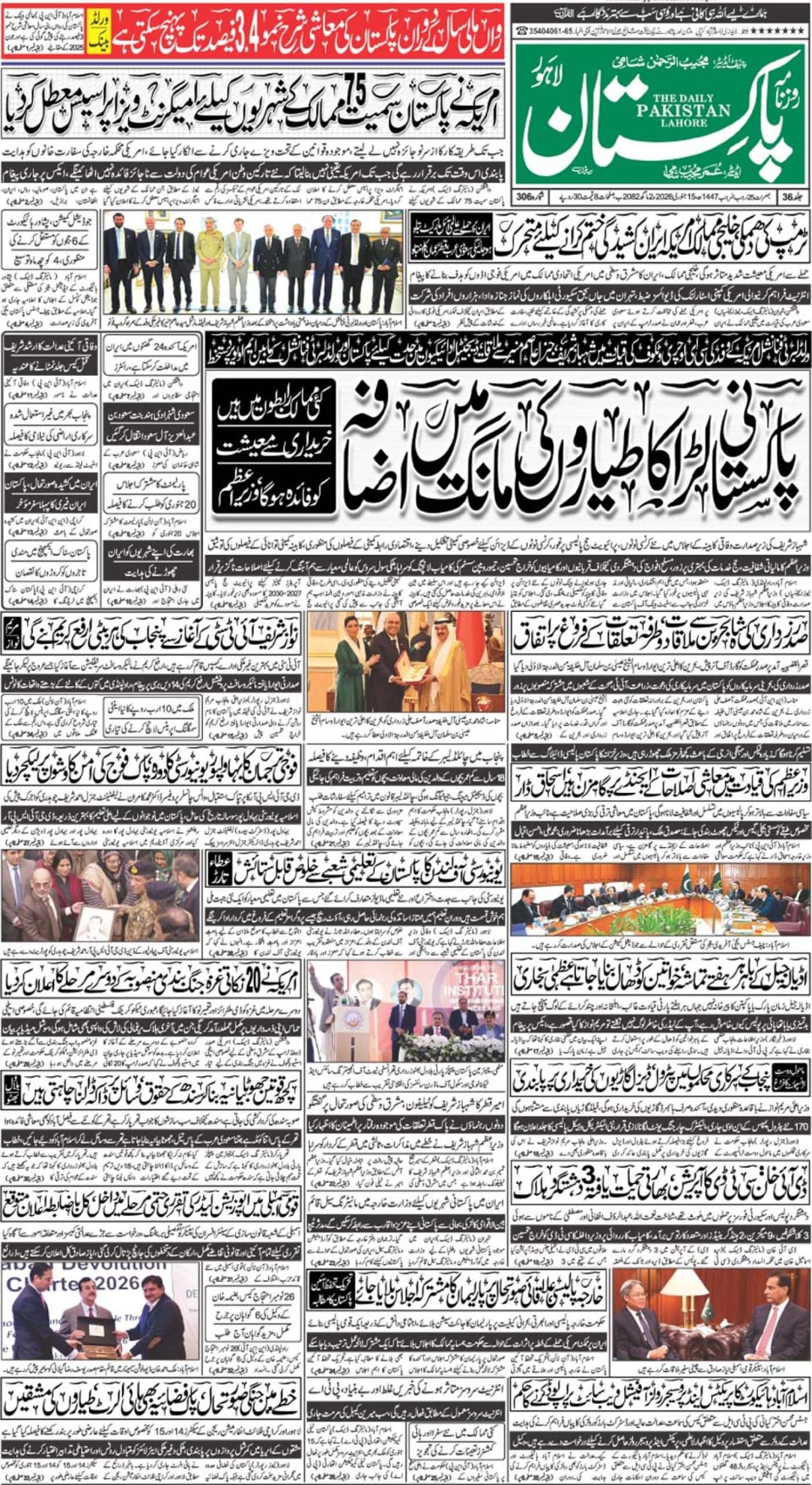Numerous people believe that Pakistan’s offices are crowded with lewd bosses. Frequently, working females have stories regarding their distortions: the trivial ones contain a glance and a grope, an undesirable text message; the significant ones include offers for meeting outside the office, on dinner or lunch with, job protection, rewards, and professional reputations hanging on the line. In the competitively growing Pakistani workplace, countless females continue to be prey for men with authority.
A culture of harassment is embedded in the foundations of societies worldwide. When women refuse to accept harassment culture silently, they increasingly suffer workplace harassment, gender discrimination and threats or use of violence all around the world. Harassment laws and their engagement with legal instruments, illustrate social differences and require the government to recognise societal power structures. While all disciplines are equal in the eyes of the law, progressive legislation such as those on harassment force the law’s neutral language to recognise that society is, in reality, unequal, and this understanding needs to be taken into consideration. Workplace harassment acknowledges that workplaces are unequal and hierarchical, and so people with authority have the potential to harass and intimidate.
The aggregate of needs and wants displays; that divorced females, single mothers, the aged, and bachelor girls are especially susceptible to persecution. According to one single mother who experienced ten years of persecution, the pursuit is persistent, and any effort to resign is penalized with degradation in front of coworkers and rejection of promotions. Coworkers, who are frequent witnesses, often remain silent in order to prevent a situation that could lead to retaliation and the loss of their own positions. As a result, sexual assault from bosses is frequently accompanied by isolation from coworkers who observe, withdraw, and witness. The harassed are not only tortured but also humiliated and rejected by society.
All of these acts are prohibited by law in Pakistan. The Defense “Against Harassment of Women at Workplace Act of 2010”, which would be ten years old, is a comprehensive piece of legislation. Harassment is defined by the Act as, “any unwelcome sexual advance, request for sexual favours or other verbal or written communication or physical conduct of a sexual nature, or sexually demeaning attitudes, causing interference with work performance or creating an intimidating, hostile or offensive work environment, or the attempt to punish the complainant for refusal to comply with such a request or is made a condition for employment”.
It continues to add that “the above is unacceptable behaviour in the organization and at the workplace, including in any interaction or situation that is linked to official work or official activity outside the office”. All bosses are expected to exhibit the code of conduct on their grounds. The act was recognized as a success when it was passed in 2010. But its provisions would take time to influence the workplace ethos. Change is slow, but the act is the initial step; the elected representatives support the legislative committee which implies that the future path ahead will be distinct, in this case, one in which workplace harassment of women is prohibited.
Workplace harassment is not a new phenomenon; rather, it is a well-known issue throughout the world. Working women are more likely to experience incidences of harassment under male dominance. Gender roles have traditionally portrayed women as subordinates and sex objects for males everywhere. The dilemma of our social structure, which enforces male superiority while allocating gender roles to men and women, represents the former as the bread earner for the family. This division creates a number of issues for women in the workplace, harassment being one of them. The basic rights of women are exploited due to the patriarchal, which affects the women mentally and physically. Harassment also affects the productivity of working women due to the unhealthy working environment at the workplace.
Sexual harassment, assault, and discrimination are pervasive in Pakistani workplaces, including universities, according to a survey of 300 women conducted by Dawn. One such major challenge that women in Pakistan confront when they leave their houses for various reasons is workplace harassment. Another survey of 200 women by agha khan university, reported that workplace harassment is a fundamental and unrecognized issue for females in Pakistan. The verbal type of harassment was mostly experienced by women in organizations. Most of the time harassment was not reported to the administration. Because women were bound to remain silent about workplace harassment, 61% of respondents indicated that their employers did not coerce them to be silent but a significant 35% were instructed to be silent by their co-workers and managers.
Since then, not much has changed. Harassment in the workplace is still prevalent (because most workplaces slightly know about the code of conduct). Women keep reporting getting verbally harassed and even physically assaulted by their bosses, who calculate their necessity for a job, desire to advance, and helplessness to reject, unashamedly continue with such activities. Women in Pakistan continue to be alone in the face of unwelcome advances, unaware of where to pursue their complaints or how to protect themselves.
When the harassment issues came to light in the US, they introduced the harassment policy and ethics policy. And these policies proved a strong stance against harassment. As William says, “The message from us is not so much how you define it, but just the level of attention you would pay to it”. As aforementioned that the Pakistan Workplace Act 2010 would be ten years old. Need to be revised according to the modern workplace requirements. Verbal harassment is also a noticeable issue that is completely ignored in previous legislation. So, there is a need to do something for the number of man regarding this article, who feels it’s okay to harass women.
The writer is a PhD scholar at COMSATS University Lahore Camp.














